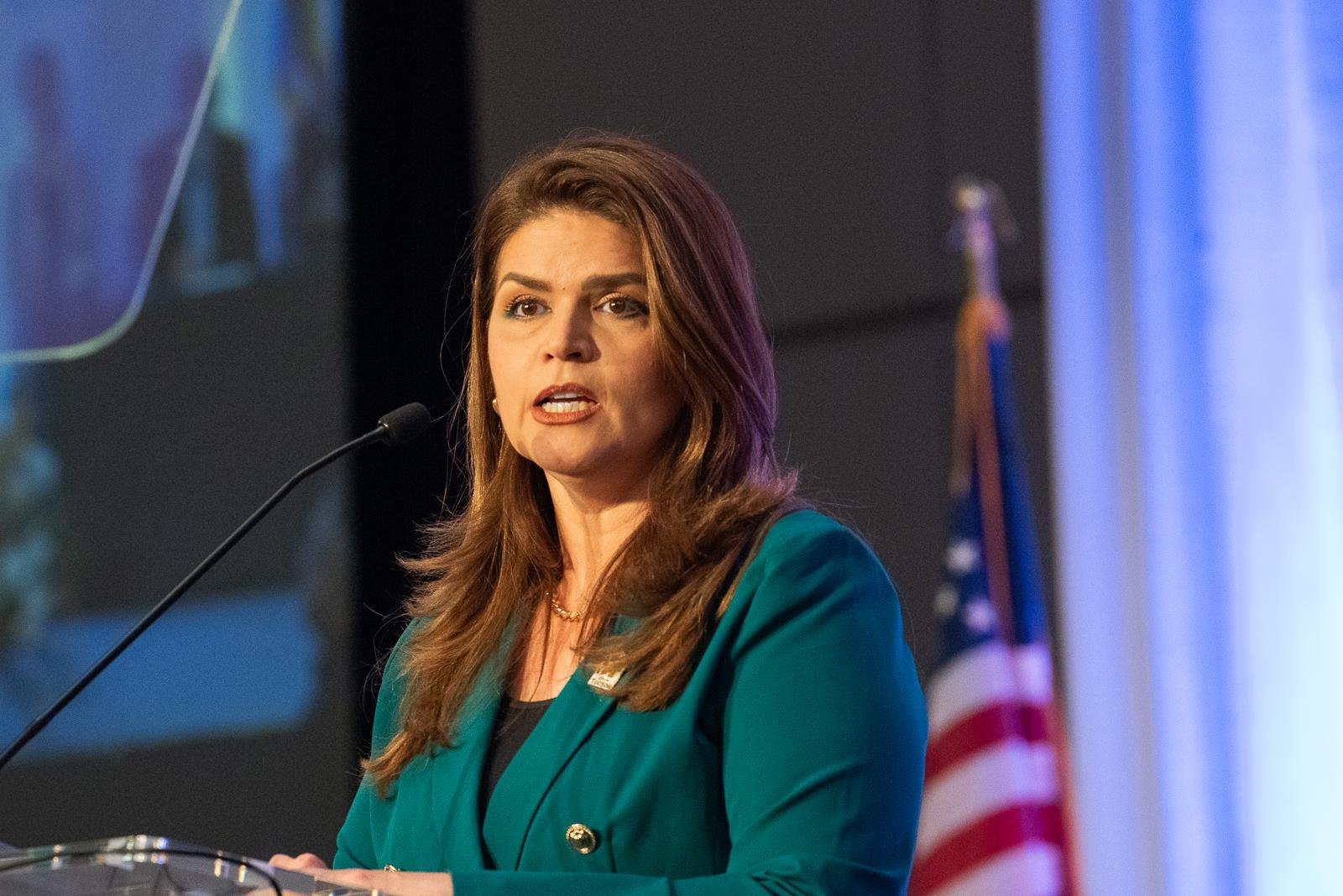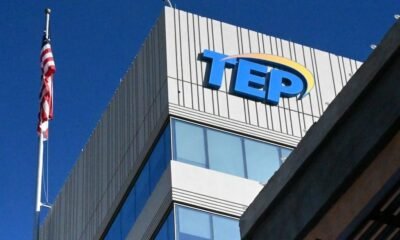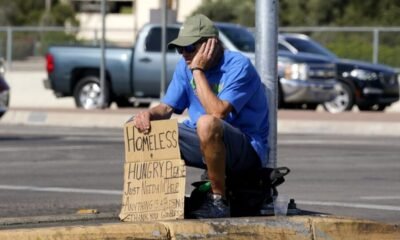Business
Mayor Romero’s 2024 Tucson Report: Uniting for Real Change

Tucson Mayor Regina Romero delivered her “Report to Tucsonans” speech, highlighting the city’s accomplishments while acknowledging its rich Indigenous heritage. She began by honoring the Tohono O’odham Nation and the Pascua Yaqui tribe, emphasizing their historical presence on the land.
The Mayor reflected on the transformation of the area surrounding the Tucson Convention Center, which once housed a vibrant community before urban renewal efforts in the 1960s led to its decline. Today, it is revitalized, bustling with new housing, businesses, and cultural events.
As a daughter of Mexican immigrants, Mayor Romero expressed her commitment to creating a climate-resilient Tucson for future generations. She thanked her family for their support, underscoring the collaborative effort required in public service. Romero also acknowledged her fellow council members and city staff for their hard work towards improving residents’ lives.
Looking ahead to 2025, Romero emphasized the need for continued progress through her administration’s evidence-based approach. The collaboration with various partners, including government entities and non-profits, is vital for addressing Tucson’s unique challenges.
The upcoming March election will present voters with the opportunity to support funding for the Safe and Vibrant City Initiative and review Plan Tucson, a comprehensive 20-year strategy for community growth. Mayor Romero called for community engagement in shaping Tucson’s future.
Significant efforts have been made to address housing affordability and crisis response. The city is prioritizing affordable housing solutions and improving infrastructure, with a focus on enhancing overall community safety. In 2024, Moody’s upgraded Tucson’s economic outlook, citing positive growth expectations due to new developments.
Programs aimed at violence interruption and prevention have also been established. The city is investing in public safety with increased resources for police, fire services, and emergency communications, highlighting the importance of timely responses in critical situations.
A new Community Safety Awareness and Response Center (CSARC) has been launched to streamline public safety operations, improving response times to emergencies. According to Romero, partnerships with local organizations play a crucial role in addressing issues like gun violence and substance abuse.
Investments in affordable housing are evident, with the recent opening of Milagro on Oracle, which provides units for seniors and previously unsheltered individuals. Moreover, Tucson has successfully received increased funding for affordable housing initiatives, showing a commitment to support low and moderate-income families.
Infrastructure improvements are underway, as demonstrated by the expansion of Tucson Water’s services and conservation efforts. Initiatives to enhance heat resilience and access to clean water continue to be top priorities for the city.
The city’s commitment to sustainable development includes the adoption of solar energy projects to benefit low-income residents. In collaboration with local non-profits, Tucson has implemented programs to distribute heat relief resources and cooling station access to vulnerable populations.
As part of the cultural preservation efforts, Tucson is also preparing for the 250th anniversary of its founding, celebrating its diverse history and Indigenous heritage. Romero is calling for community unity under the slogan “Somos Uno,” to honor past generations while striving for a collaborative future.




![Mayor Nancy Smith speaks to a crowd during a lunch-and-learn event at the Maricopa Community Center. June 19, 2025. [Monica D. Spencer]](https://arizonanews.org/wp-content/uploads/2025/06/Mayor-Hints-at-Positive-Developments-Before-Tomorrows-ADOT-Vote-400x240.jpg)
![Mayor Nancy Smith speaks to a crowd during a lunch-and-learn event at the Maricopa Community Center. June 19, 2025. [Monica D. Spencer]](https://arizonanews.org/wp-content/uploads/2025/06/Mayor-Hints-at-Positive-Developments-Before-Tomorrows-ADOT-Vote-80x80.jpg)












